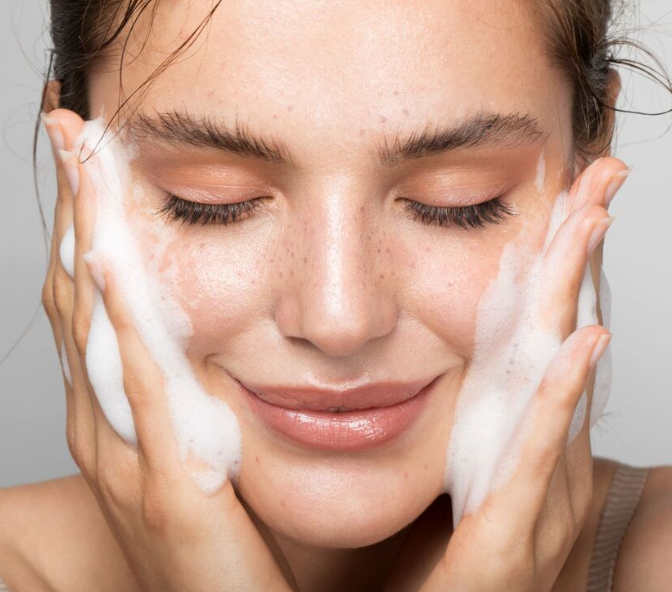
Skin Care Basics: Essential Tips for Healthy, Glowing Skin
Your skin is the largest organ of your body and acts as its primary defense system. Despite its importance, many people neglect the fundamentals of proper skin care. Whether you’re just starting your skincare routine or looking to improve your current habits, mastering the basics is essential to maintaining healthy, glowing skin.
Here’s a simple guide to help you get started with the basics of skin care.
Understand Your Skin Type
Knowing your skin type is the first step in creating an effective skincare routine. There are four main skin types: normal, oily, dry, and combination. Normal skin is balanced, while oily skin tends to produce excess sebum, and dry skin can feel tight or flaky. Combination skin has traits of both oily and dry areas.
Identifying your skin type will help you choose the right products for your needs. For instance, those with oily skin should opt for lightweight, oil-free moisturizers, while individuals with dry skin benefit from richer, hydrating creams. By tailoring your routine to your skin’s specific needs, you can boost both its health and appearance.
Build a Consistent Daily Routine
Consistency is key when it comes to skin care. A basic routine should include cleansing, toning, and moisturizing. Cleansing should be done twice a day, once in the morning and once before bed, to remove dirt and impurities.
For added protection, consider using a moisturizer with built-in SPF during the day to guard your skin against harmful UV rays. Additionally, incorporating targeted treatments like serums for specific concerns such as dark spots or fine lines can enhance the effectiveness of your routine.
Stick to your regimen consistently, and over time, you’ll notice improvements in your skin’s texture and tone.
Exfoliate Regularly
Exfoliating your skin is essential for removing dead skin cells and promoting cell turnover. This process helps other products absorb better, clears blocked pores, and leaves your skin smoother and brighter.
There are two main types of exfoliation: physical and chemical. Physical exfoliants use granular substances to scrub away dead skin, while chemical exfoliants, like AHAs (Alpha Hydroxy Acids) and BHAs (Beta Hydroxy Acids), dissolve the dead skin cells. How often you exfoliate and which method you choose depends on your skin type and sensitivity.
Protect Your Skin from the Sun
Sun protection is one of the most important aspects of skin care. UV rays can cause premature aging, sunburn, and even increase the risk of skin cancer. Incorporating sunscreen into your routine is essential, even on cloudy days.
In addition to sunscreen, wearing protective clothing such as wide-brimmed hats and long sleeves can help shield your skin from the sun’s harmful effects. Prioritizing sun protection is crucial for maintaining healthy skin and preventing long-term damage.
Final Thoughts
Mastering the basics of skincare is essential for achieving healthy, radiant skin. By understanding your skin type, following a consistent routine, exfoliating regularly, and protecting your skin from the sun, you’ll be well on your way to a brighter, more youthful complexion. Consistent care leads to not just better skin, but also increased confidence and well-being.
